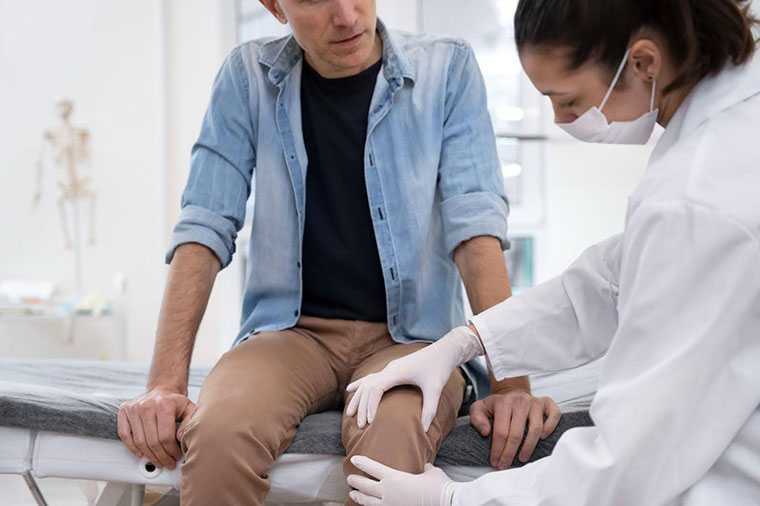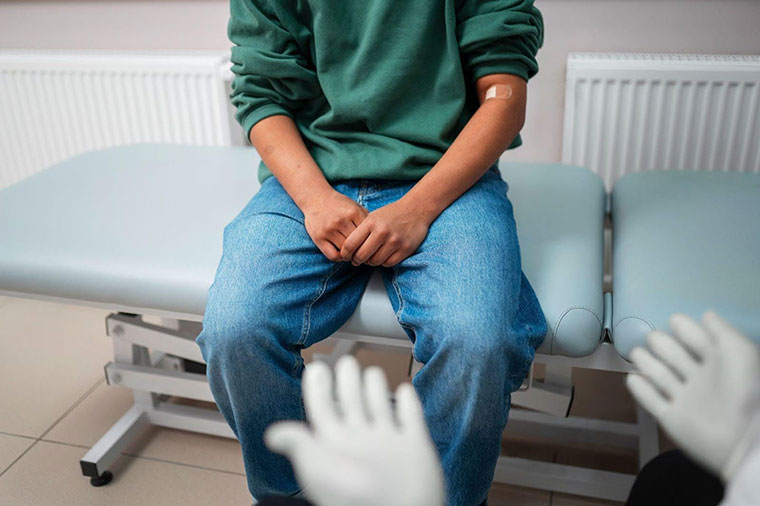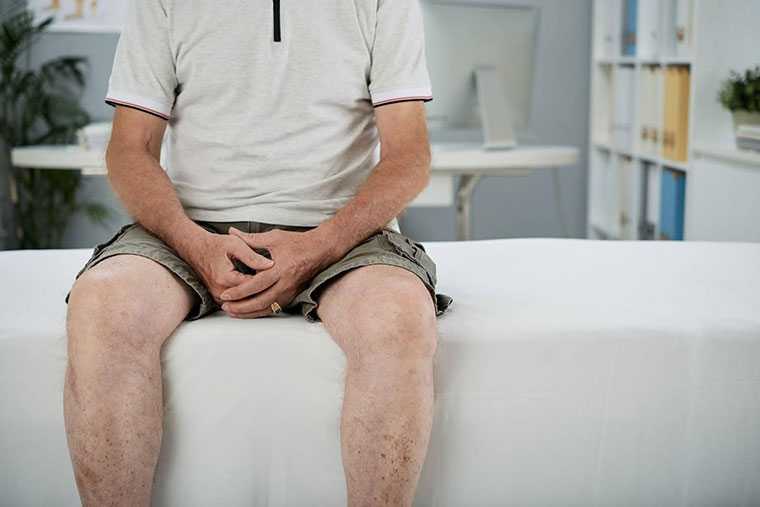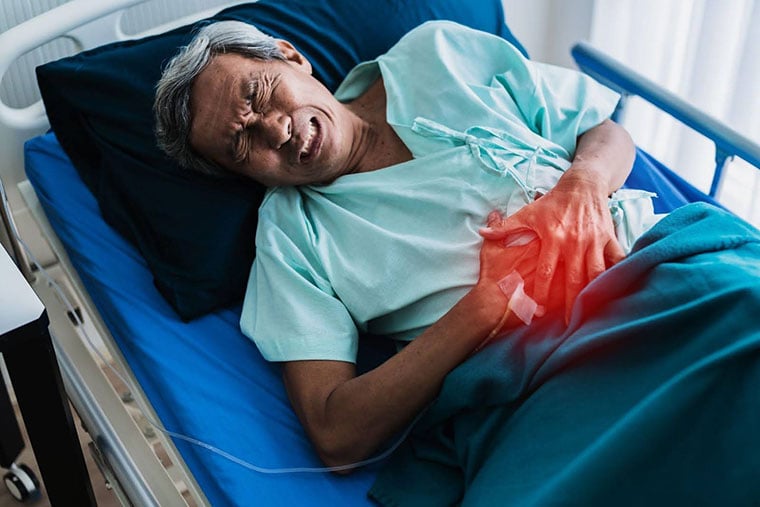Spasticity After Spinal Cord Injury (SCI): Symptoms, Causes, and Treatment
Spasticity after spinal cord injury is common, yet often difficult to understand. For many people, it appears unexpectedly as sudden muscle tightness, involuntary movements, or persistent stiffness that interferes with everyday activities. These changes can be confusing, especially when they occur in parts of the body with little or no voluntary movement.






